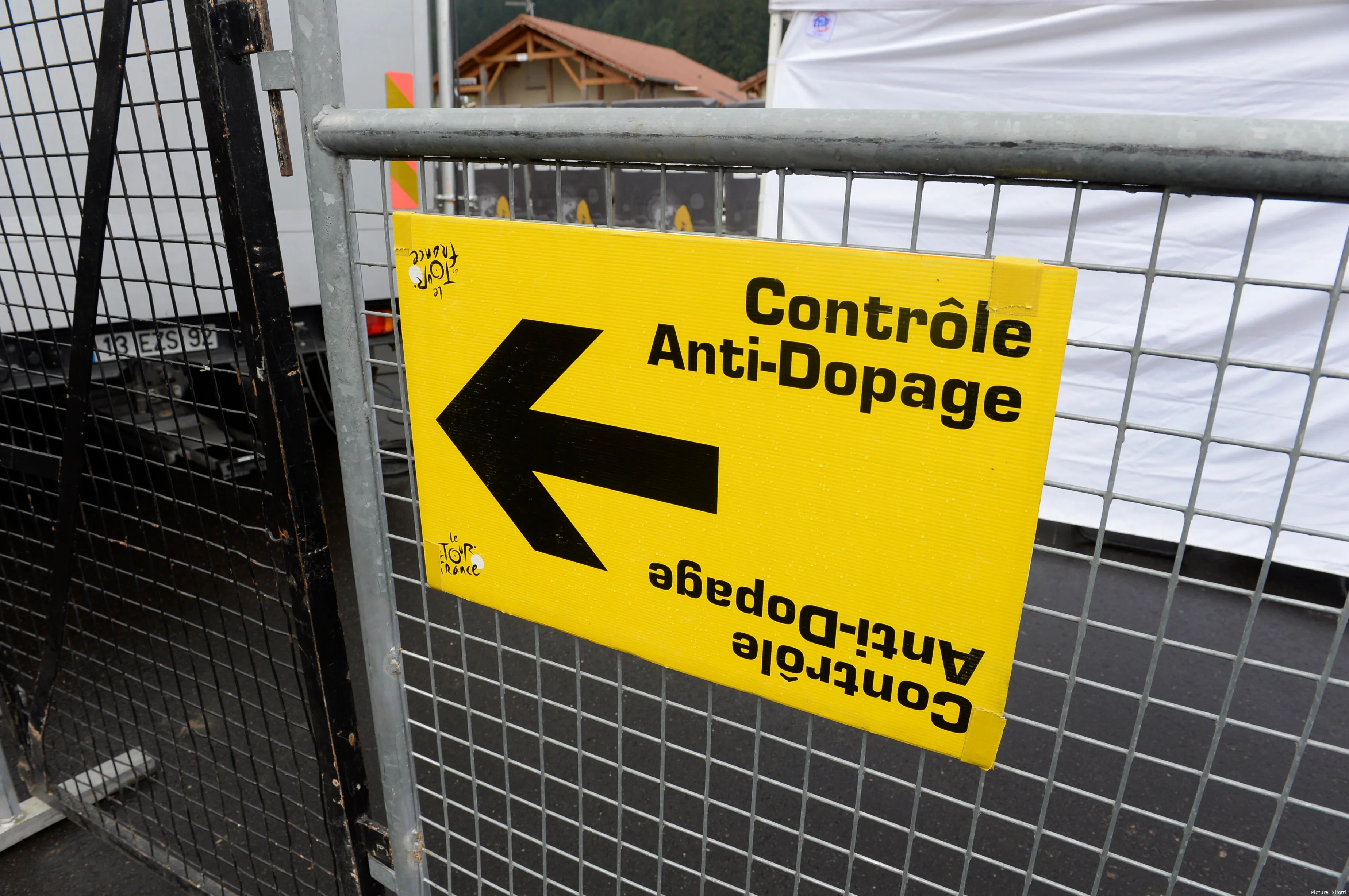Journalistic investigation reveals serious shortcomings of the UCI in controlling mechanical doping
CyclingThursday, 28 September 2023 at 01:05

A comprehensive investigation by RadioCycling has shed light on the inconsistencies and lack of effective mechanical doping testing in professional cycling, despite claims by the UCI to conduct testing at all UCI WorldTour events and UCI Women's WorldTour events.
The report comments that it was discovered that technological fraud tests were not conducted on four of the 21 stages of this year's Giro d'Italia, including time trial stages 1 and 10. In addition, X-ray technology, a key tool in the detection of mechanical doping, was not used in the first grand tour of the season.
Read also
The problem extends beyond the Giro d'Italia. In major events such as the Tour de France, neither magnetic pill nor X-ray tests were carried out on stage 21 in Paris. The lack of testing has also been observed in other prestigious races, such as the Volta a Catalunya, the Tour of Scandinavia and the Tour Down Under, among others.
In the case of Paris-Nice, one of cycling's most important races, no events were held on stages 5, 7 and 8. Milan-San Remo, the women's Paris-Roubaix and the women's Flèche Wallonne were also affected, with limited cycling events.
Read also
In the absence of effective and credible evidence, senior UCI officials reportedly expressed doubts about the possible use of motors in the peloton, according to RadioCycling. In response to this concern, RadioCycling requested data from 51 men's and women's WorldTour races. Of the 51, only 24 provided information, while 12 stated that the UCI had not shared figures and 15 did not respond.
The UCI, in its statement, defended its program against technological fraud, stating that a total of 4,280 tests were conducted in 2023, using magnetic tablets in 3,777 of them and X-ray technology in 503 tests. According to the UCI, all tests were negative.
Read also
claps 1visitors 1
Just in
Popular news
Latest comments
- I was going to post the same comment. He just can’t catch a break.Pedalmasher20-02-2026
- Totally agree. This kid has a bright future.Pedalmasher20-02-2026
- The thing is, he never has to worry about his career because he can spend the rest of his life living rent-free in your head.antipodeanpedalfan20-02-2026
- That's true, but you can't count out a resurgence from him later like Vingegaard did in 2025 (although he was 10 seconds behind, not 30)
 Rafionain-Glas19-02-2026
Rafionain-Glas19-02-2026 - Lipowitz ddn't really keep up to the big boys today either.....mobk19-02-2026
- Yes, the guy is no fluke. Even if he fails to improve over the next 15 years he’ll do damage. That young blood is going to keep the establishment working hard.Mistermaumau19-02-2026
- This excuse is harmless, just quaint and amusing. The excuse I really disliked was when he accused a mechanic of improperly adjusting his saddle, endangering the mechanic's job: blaming others for your own limitations is a serious matter.
 maria2024202419-02-2026
maria2024202419-02-2026 - ok so this is impressive - I trashed this guy all winter, get a pro win before the anointing. against a quality field. And Onley and Riccitello look good too. fun to see young blood.mij19-02-2026
- Minor flaws.... thats like suggesting Genghis Khan was a bit aggressive with other countriesslappers6619-02-2026
- Then you carry on if that's what makes you happyslappers6619-02-2026
Loading
THREAD A RadioCycling investigation has revealed details of the UCI’s inconsistent and irregular motor-doping tests, despite the sport’s governing body stating that it "carries out bike tests *at all* UCI WorldTour events…as well as... [at] UCI Women’s WorldTour events. 1/
Write a comment










